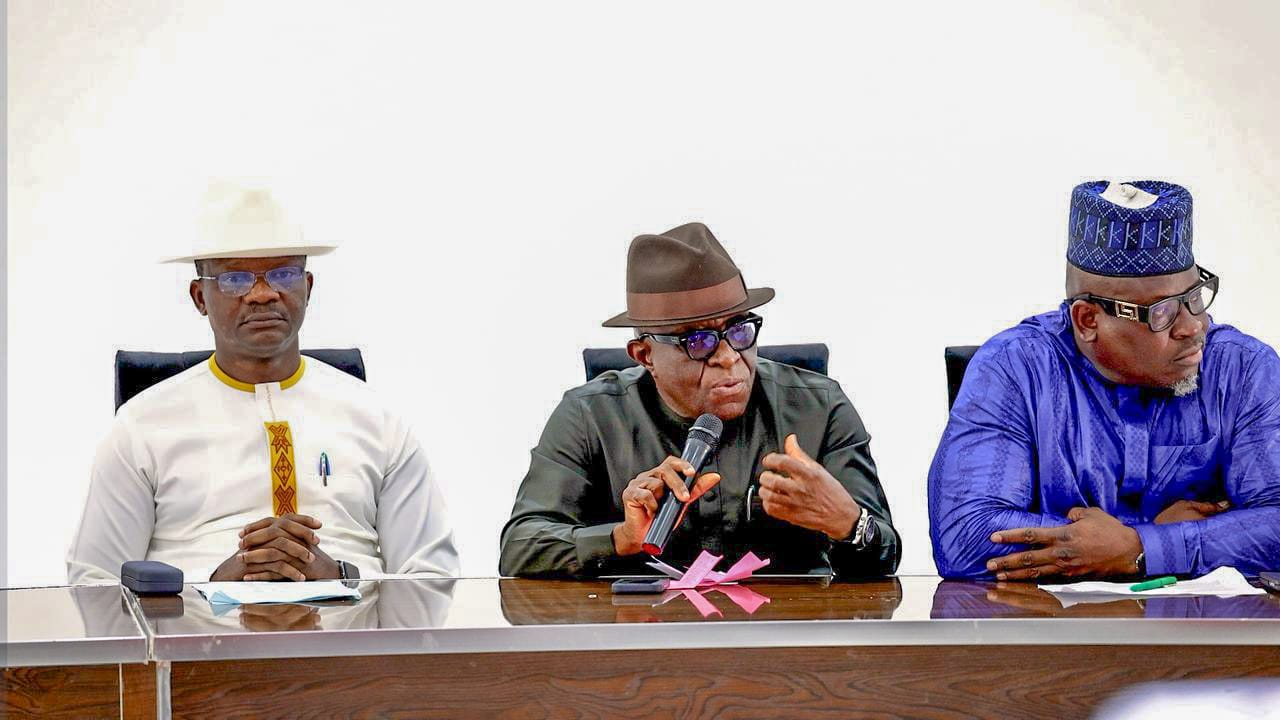
Delta State has initiated a significant move to transform its electricity sector by adopting a decentralized mini-grid model and establishing new regulatory bodies. These measures aim to foster a sustainable power market within the state

During a post-Executive Council (EXCO) press briefing in Asaba, Mr. Sonny Ekedayen, the Commissioner for Economic Planning, stated that this initiative aligns with Governor Sheriff Oborevwori’s MORE Agenda, which prioritizes infrastructure development and enhanced service delivery throughout Delta State.
He recalled that the Delta State House of Assembly had previously domesticated the Federal Government’s 2023 Electricity Act. This legislative action provided the foundational framework for the state to independently manage its electricity generation, distribution, and regulation.
Ekedayen affirmed: “With the enactment of that law, we now possess a clear path toward ensuring a reliable and consistent electricity supply for Deltans at competitive rates. This recent EXCO approval signifies another major achievement in our ongoing journey.”
According to the Commissioner, the state government has embraced a mini-grid model, which will enable multiple independent operators to provide comprehensive electricity services in various locations across Delta State.
He clarified that this approach significantly differs from the traditional centralized grid system, which often results in widespread power outages when a single point of failure occurs.
“Under the mini-grid approach, an outage in one part of the state will not impact other areas. Each operator is responsible for generation, distribution, and supply within their designated zones, thereby enhancing resilience and reliability,” he explained.
READ ALSO:https://naijanewswatch.com/hon-ighrakpata-gives-report/
He noted that this model also permits service providers to propose energy solutions based on the most suitable energy mix for their specific area. While conventional gas-powered sources remain an option, operators are also encouraged to explore renewable energy alternatives such as solar and hydropower.
Ekedayen emphasized that the entire electricity reform would be privately funded, with the state government’s role limited to providing the regulatory framework and a conducive environment.
Sonny Ekedayen stated: “This is a private sector-driven initiative. Our function is to establish the regulations, ensure fairness, and cultivate an atmosphere where investment and innovation can flourish.”
To support this framework, the EXCO approved the creation of the Delta State Electricity Commission, which will serve as the central regulatory authority. This Commission will be tasked with issuing licenses, monitoring compliance, and mediating disputes between operators and consumers.
Additionally, the establishment of a Rural Electricity Agency was approved, with a mandate to focus on delivering electricity to underserved rural communities across the state, ensuring inclusivity and equitable power distribution.
Furthermore, the state has created the position of a System Operator to oversee the technical coordination of generation and supply processes, and a Market Operator who will track supply data, enforce service standards, and ensure that minimum electricity hours are provided to homes and businesses.
Ekedayen announced that a consultant would also be appointed to assist in the electricity transition process, offering expert guidance and aiding in the development of a robust implementation roadmap.
He acknowledged that while electricity market reform is still new territory for many sub-national governments, Delta State remains committed to achieving success. “Only a few states in Nigeria have ventured this far,” he remarked.
He stressed: “But we are determined to deliver not just electricity, but a functional system—one that generates employment, supports industries, and enhances the quality of life for our people.”




“Delta State’s decision to decentralize its electricity sector through mini-grids and a new regulatory framework is a bold and forward-thinking move. It shows a genuine commitment to solving power supply issues at the grassroots level. This initiative has the potential to boost local economies, attract investors, and provide stable electricity to communities that have been underserved for years. It’s a commendable step toward energy independence and sustainable development.”
“It’s exciting to see Delta taking bold steps to revolutionize the electricity sector. Innovations like this are crucial for driving sustainable energy solutions, improving access to power, and boosting economic development. If implemented effectively, this could be a game-changer for both consumers and industries.”
“Delta’s initiative to transform the electricity sector is a welcome development. With the persistent challenges in power supply, this move could pave the way for greater efficiency, reliability, and innovation in energy distribution. It’s a step in the right direction toward long-term energy security.”